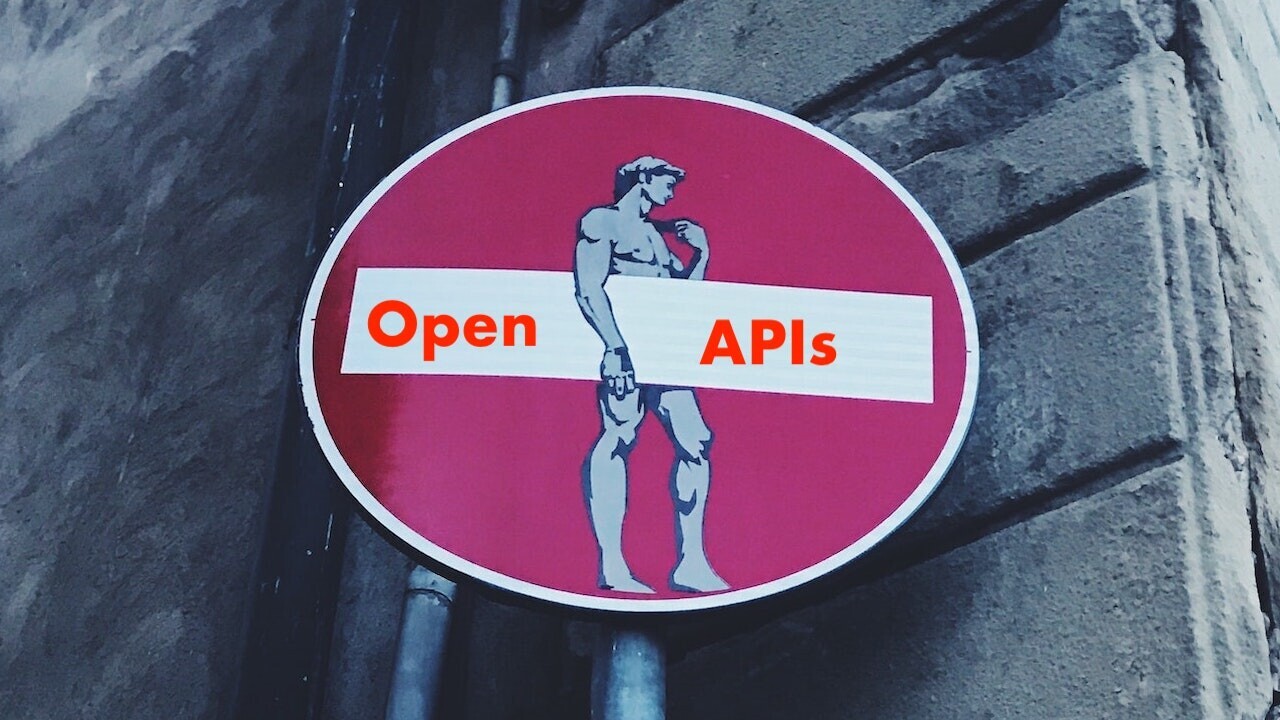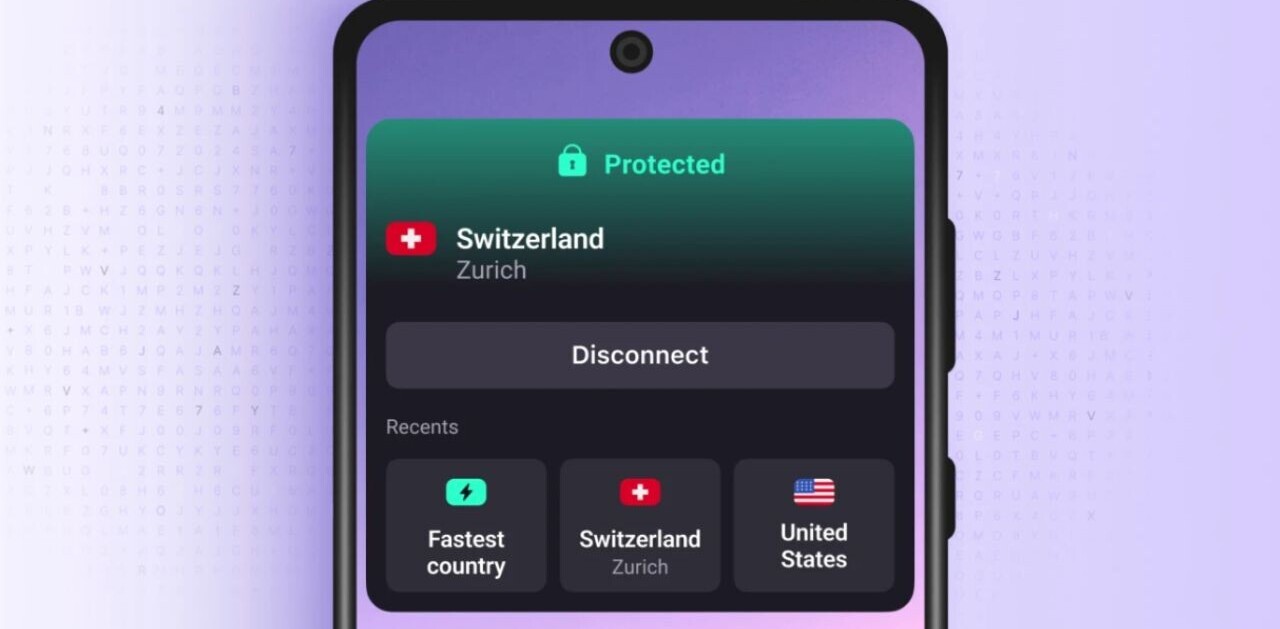
We have the technology to send rovers to Mars and explore the deepest parts of the ocean, but it can still take days and multitudes of paperwork just to move to a new city, start your own business, or do any other task that requires multiple government. These are the small moments in life that turn well-adjusted individuals into the psychopaths of the future.
While even the most traditional industries from big banks to agriculture have experienced a technological boom with the help of fintech and agritech startups, government bodies have largely been left behind.
But the push to develop more open APIs is set to change all that — and it’s not just citizens who will benefit. Companies and entrepreneurs with the foresight to jump on publicly available government data will be able to develop sticky solutions for their users’ everyday needs. Ever used a weather or traffic app? These are all run using APIs which allow users to access real-time updates.
But beyond these opportunities lies a deeper question. In the age of personal data and GDPR, what rights do we have to access citizen data? What impact can making this data publicly available have on society at large?
In a push to bring the government into the 21st century, the Netherlands started its own API portal in 2016. TNW spoke with Frank Terpstra, Senior Advisor at Geonovum, a government foundation focused on improving use and access to geo-information, to find out more about the potential impact.
APIs are cutting down on admin BS… and I love it
An API, or application programming interface, is a structured way for different systems to query and share data with each other.
If you’ve ever used a flight booking platform, like Skyscanner, you’ll know that you simply need to type in your destination and dates and the platform will pull up all possible flight journeys within those parameters. What you don’t see happening behind the scenes is the network of communications that happens after you press enter.
To find out what’s available, the platform needs to communicate with other airline websites like KLM, Alitalia, or Lufthansa to find flights going to your destination that day. It does this using APIs.
In the case of the Netherlands, a government API portal means that different government offices can share information faster and easier via APIs. For example, if you move from Amsterdam to the Hague, the municipality offices can easily share your information, making the registration process smoother and less paperwork-intensive.
As Terpstra explained, using APIs also makes the data sharing process more efficient and accurate.
When municipalities find a useful bit of information they make local copies. They have their own local data store where they amass all this data. Then they start doing database queries based on this information and running their processes in parallel. But local copies always have a tendency to be slightly out of sync and may not be 100% correct. It’s also inefficient because you’re making complete copies of data sets, when you just need a small bit of information. Instead, API’s are a great enabler allowing the computer systems of municipalities to directly query the source.
Open access means greater cooperation between government, businesses, and developers
Not only does it allow for smoother and more efficient communication between government bodies, the switch to APIs also opens up public access to government data, making it easier than ever for companies and newbie entrepreneurs to develop solutions based on government collected data. As Terpstra explained:
“Around 2008-2009, the platform economy started with Facebook, LinkedIn, Google, etc. One of the things that platforms did differently than systems before them was that they relied very heavily on APIs for exposing their content and exposing their functionality to others.
“Most developers understand APIs and the larger market understands APIs. We decided we needed to do something about this because all our systems and standards were based on SOAP and XML, but that’s not what society at large was expecting. Today, if you have ten developers in a room and ask, ‘who can give me a SOAP/XML data exchange, maybe only one person will raise their hand. If you ask for a data exchange using APIs, it’s likely everyone in the room will be able to do this.”
The idea of a platform is you do what you’re good at and let others do what they do best by exposing data using an API. Every time you see a ‘share’ button on Facebook, there’s an API behind it. They’re leveraging their platforms in a way that lets everyone work on their technology and spread it.
For example, one of the most popular government APIs is the Key Register of Addresses and Buildings in the Netherlands (BAG). If you run a web business and you want to make it easier for your customers to locate the nearest store or fill out delivery details, you just have to ask them to put in their postal code and the house number and the rest of the address is filled in automatically.
This key registry is open to everyone, but because we were using SOAP and XML, not that many people were integrating with it and using it. Once the API started, within a year, it surpassed the past seven years of data delivery. This is a really good illustration showing that, if you just change the underlying technology that you’re using, you can reach far more people – Terpstra said.
A data democracy
To facilitate this transition, the government created the Developer Overheid website where developers can access government APIs for free. But it’s not just about providing access. The website also has a forum where developers can share innovative ways they’re using this data and help shape the government’s API strategy based on what the wider public actually needs.
For example, the Covid dashboard API provides up-to-date information about infection rates, the number of vaccinations, and more.
The outside world expects us to use APIs, which is why we should transform IT systems to support them and make the resources and the functionality of the government more readily available to the rest of the world – Terpstra told TNW.
Saskia Stuiveling, former President of the Netherlands Court of Audit, was at the forefront of the push towards developing effective accountability, transparency, and (technological) modernization of government. In her view, as taxpayers we’ve already paid for open data once, so why should we pay for it again?
That’s why the government created the Stuiveling Open Data Award (SODA). Every year, the award is given to a public or private party that uses open data in an innovative manner to address current societal challenges. The goal is to encourage more collaborations like this between the government and public entities, resulting in better solutions for the wider public.
Last year’s winner, Movimaps, is an API created to measure bicycle safety by looking at the relationship between bicycle accidents and bicycle use. This information, while seemingly simple, will help inform discussions on things like e-bike regulations and bike safety amongst the elderly.
And the possibilities are endless. The Rijksmuseum created its own API allowing developers to search their collection and even zoom in and see close-ups of historic works of art. Individuals have used APIs to create maps of some of the best outdoor art in Amsterdam and the locations of city farming projects.
How could APIs help cross border collaboration?
It’s not just the Netherlands, a number of governments are also creating their own open API strategies. This could really facilitate cooperation on cross border issues, from making free movement across countries easier to monitoring progress on climate change.
Vaccination passports are another key issue that will require intra-governmental cooperation and data sharing. APIs could be a great way to tackle the problem of sharing and verifying up to date vaccination data.
The best part is that the government wants this to be an open project, involving all stakeholders, in order to make it as useful and accessible to the public as possible. Whether you’re a business or just an individual interested in shaping the government’s future API strategy, feel free to participate in the public consultation on API design rules, which lasts until the end of August. Also check out the Developer Overheid website for more information about upcoming working group sessions.
Get the TNW newsletter
Get the most important tech news in your inbox each week.





